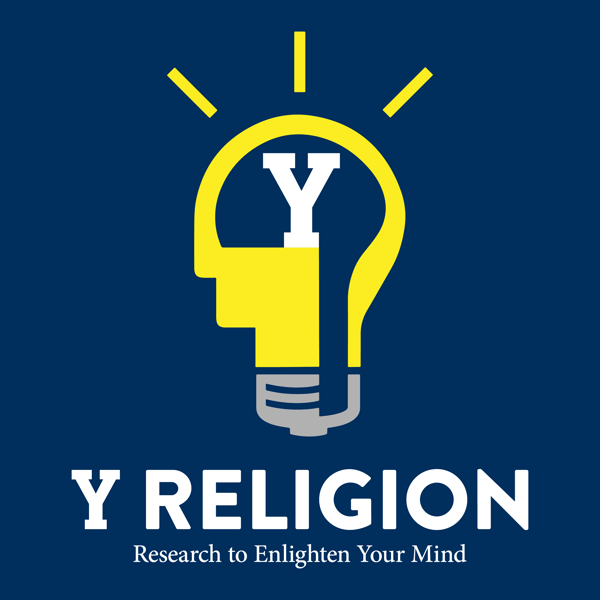Episode 67: Slavery and Sacred Texts (Jordan Watkins)
Y Religion
BYU Religious Education
4.8 • 1.7K Ratings
🗓️ 1 November 2022
⏱️ 55 minutes
🧾️ Download transcript
Summary
America’s history with slavery is complicated and controversial, especially when considered in a religious context. On this episode, Professor Jordan Watkins takes us into antebellum America, showing how views over slavery were shaped by interpretations of the Bible and the country’s founding documents, such as the Declaration of Independence and the United States Constitution. He also examines ways these nineteenth-century interpretations continue to influence people today.
Transcript
Click on a timestamp to play from that location
| 0:00.0 | On October 25th, 1775, Abigail Adams sat down to write a letter to her beloved husband, |
| 0:06.5 | John Adams, who was often Pennsylvania serving in the second continental congress. |
| 0:12.4 | During their courtship and marriage, Abigail and John would write over 1100 letters to |
| 0:16.6 | each other on a range of topics, and their wit and banter, love and devotion, and intelligence |
| 0:23.4 | and insight in these letters is infectious. |
| 0:26.9 | In this particular letter, Abigail wrote about her mother's recent passing, an upcoming |
| 0:32.3 | dinner invitation she had received from Dr. Benjamin Franklin. |
| 0:36.8 | And then she referenced the devastation that recently happened of Fowlmouth when it |
| 0:41.1 | was attacked by a fleet of British Royal Navy vessels. |
| 0:45.0 | Why were these evils plaguing America, she seems to wonder? |
| 0:50.2 | And then Abigail offers an interpretation, writing this, quote, |
| 0:55.4 | Poor Fowlmouth has shared the fate of Charlestown. |
| 0:58.6 | Are we become a Sodom? |
| 1:00.7 | I would feign hope we are not. |
| 1:03.4 | Unsearchable are the ways of heaven, who permiteth evil to befall a city and a people, |
| 1:10.0 | by those very hands who were by them constituted the guardians and protectors of them. |
| 1:16.8 | We have done evil, or our enemies would be at peace with us, the sin of slavery, as well |
| 1:24.8 | as many others is not washed away, end of quote. |
| 1:30.5 | Abigail's mix in this paragraph of politics, slavery, and sin is a potent example of how |
| 1:37.2 | early founding Americans interpreted the practice of slavery through both a religious and |
| 1:43.0 | a political lens, particularly through interpretations of the Bible and the eventual founding |
| 1:49.4 | documents, such as the Declaration of Independence and the U.S. Constitution. |
... |
Please login to see the full transcript.
Disclaimer: The podcast and artwork embedded on this page are from BYU Religious Education, and are the property of its owner and not affiliated with or endorsed by Tapesearch.
Generated transcripts are the property of BYU Religious Education and are distributed freely under the Fair Use doctrine. Transcripts generated by Tapesearch are not guaranteed to be accurate.
Copyright © Tapesearch 2025.

